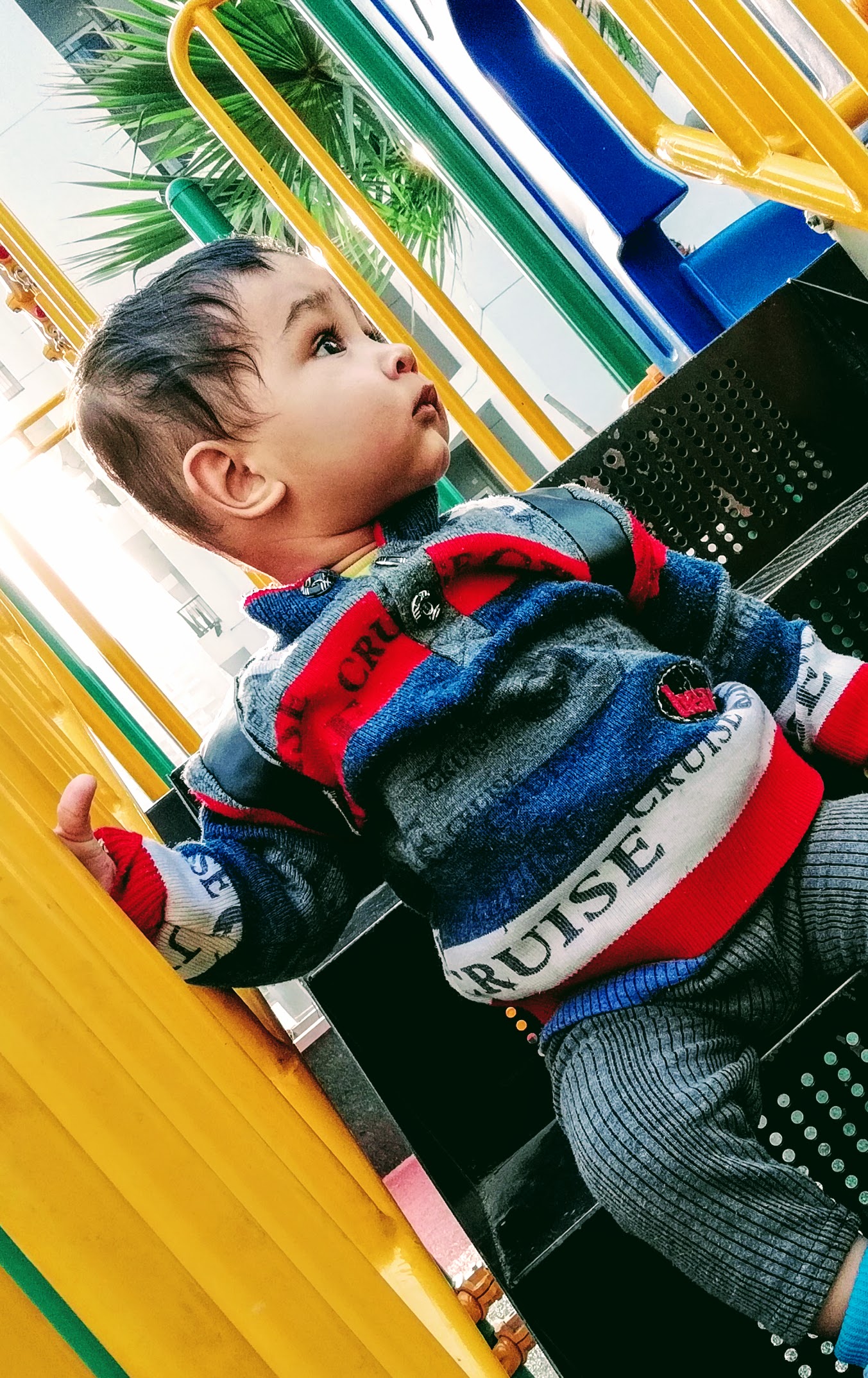Until recently, research in early childhood education was mainly centered on disadvantaged kids while gauging the gap (as big as a full school year on average at kindergarten entry) between kids from low-income and higher-income backgrounds. But according to a new study from the University of California, Berkeley, the degree of involvement in academic subjects – especially math and literacy – in preschool affects not only the poorest students, but both those from disadvantaged and advantaged families.
So the big question is, are child-directed and learning-through-play programs (such as Montessori) the best option? Or are methods more focused on language and math teaching a better way to prepare preschoolers for kindergarten and beyond? In any case, Bruce Fuller and his team at UC Berkeley found that preschools that prioritize numeracy and literacy boost their pupils’ cognitive skills more, in comparison to those staying at home.
In the 1980s, psychologists Betty Hart and Todd Risley measured that professionals’ children were exposed on average to 1,500 more spoken words per hour than their less favored peers. A number that makes as much as 8 million words per year, a staggering difference of 32 million words by age four. An achievement gap that starts very early and lasts very long.
Fortunately, mentalities can change quickly among education professionals. According to Daphna Bassok, an assistant professor of education and public policy at the University of Virginia, while in 1998 only 30% of teachers believed children should learn to read in kindergarten, this number rose to 80% in 2001. In fact, children can start reading much earlier, in their preschool years.

Picture: Baby-Day-Out (Wikimedia Commons, w/Effects)


